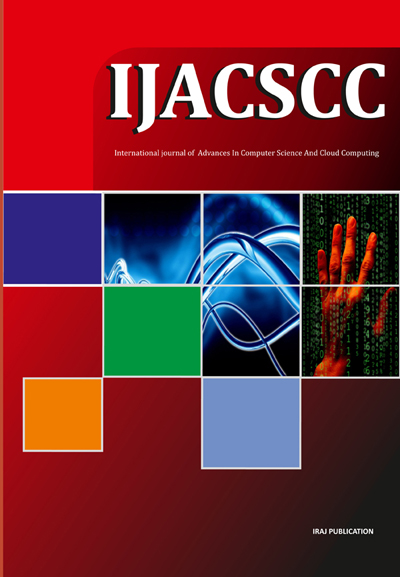Publish In |
International Journal of Advances in Computer Science and Cloud Computing (IJACSCC)-IJACSCC |
 Journal Home Volume Issue |
||||||||
Issue |
Volume-7,Issue-1 ( May, 2019 ) | |||||||||
Paper Title |
Energy Efficient Small UAVs by Applying Simple Clustering along with Reactive Routing Protocols | |||||||||
Author Name |
Hafiz Waleed Ahmad, Lukui Shi, Nelofar Aslam | |||||||||
Affilition |
Hebei University of Technology, Tianjin 300401, China. | |||||||||
Pages |
7-11 | |||||||||
Abstract |
The main feature of Flying Ad-hoc Network (FANET) is the node mobility, self-organizing and network delay sensitive application between the unmanned aerial vehicles (UAVs) which have led to extend the communication range and expand the connectivity of UAVs at infrastructure-less area. FANET is a vibrant research nowadays, due to which it has paved a way to produce effective small UAVs, as it is specially designed to let the UAVs communicate with each other. Protocol selected in mobile ad-hoc networks should have best results in terms of Quality of Service (QoS) parameters such as high throughput, better packet delivery ratio and minimize energy consumption for data transmission from source to destination. In this work, multi cluster-based approach is implemented for different number of nodes that minimizes the energy consumption for small UAVs and increases the throughput. Reactive protocols such as AODV and DSR have been implemented and simulated using NS-2 simulator and further E-clustering algorithm has been applied to evaluate node energies. The simulation results verify that performance of FANET is significantly increased by using the proposed clustering algorithm in case of throughput and residual energy. Keywords- Ad-Hoc Routing, Clustering, UAV, FANET, Reactive Protocols | |||||||||
| View Paper | ||||||||||